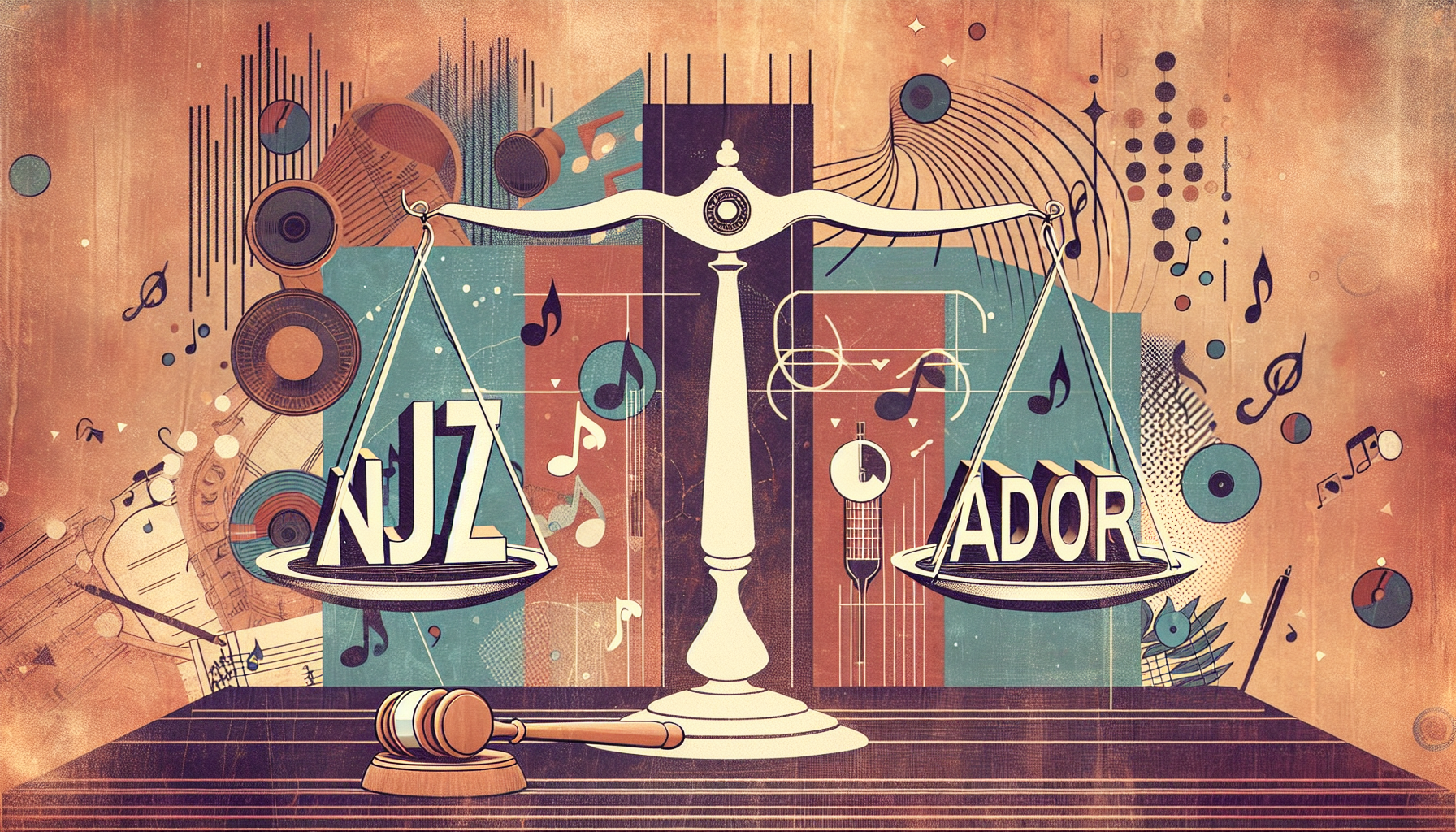NJZ Vs. ADOR: The Legal Battle That Could Reshape K-Pop Industry Dynamics
In the world of K-pop, contracts between artists and their agencies often define the trajectory of talent management. Recent developments in the contractual conflict between NJZ, formerly known as NewJeans, and their previous management agency, ADOR, highlight the complexities and high stakes involved. This article explores the intricate details of this legal clash, offering insight into the broader implications for the music industry.
The Genesis of the NJZ-ADOR Dispute
The dispute between NJZ and ADOR began with NJZ's announcement in November of last year to terminate their exclusive contract with the agency. The girl group cited multiple alleged breaches by ADOR as the basis for their decision to cut ties. ADOR, on the other hand, claimed that NJZ is still bound by this contract. This disagreement soon led to ADOR filing an injunction with the Seoul Central District Court, aiming to prevent NJZ from pursuing independent activities.
This situation begs the question: how do exclusive contracts influence the creative freedom and professional autonomy of artists in the K-pop industry? Contracts are essential for defining the relationship between the artists and their agencies, yet they can also pose significant limitations on the creative output and personal agency of artists when disagreements arise.
A Courtroom Drama: NJZ and ADOR Make Their Cases
The courtroom is now a battleground where NJZ and ADOR present their sides of the story. ADOR is seeking to enforce the exclusivity of the contract, intending to hold NJZ accountable based on their signed agreement. They argue that NJZ's continued activities, such as new music releases and planned overseas concerts, violate their standing contract.
Conversely, NJZ contends that ADOR's alleged contractual breaches—though not specified publicly—justify their termination of the agreement. They argue that ADOR's expanded injunction request, which now prohibits not only advertising deals but all musical and entertainment activities, is aimed at stifling the group's career under the guise of legal conformity.
This highlights a critical discussion point: the balance between contractual obligations and artistic independence. Artists often find themselves navigating these murky waters, raising the question of how artists can protect their personal and creative autonomy while fulfilling contractual duties.
Allegations in the Spotlight: NJZ's Parents Speak Out
Adding a layer of complexity to this already intricate legal battle, NJZ's parents released a statement accusing ADOR of misleading the public with its expanded injunction request. According to them, this move is not only an attempt to block advertising deals but also an effort to halt all of NJZ's entertainment activities.
NJZ’s vocal stance underscores the tension between an artist’s right to self-expression and the restrictive nature of exclusive agency contracts. Is it time for a shift in how these contracts are structured, to provide artists with more leeway? The evolving perceptions of agency obligations demand a new standard that balances artist independence with agency rights.
A Surprise Presence: NJZ Members Attend the Hearing
In an unexpected turn of events, all five NJZ members made an appearance at the hearing, despite not being required to do so. This show of solidarity underscores the group's commitment to their cause and their desire to gain public support.
Their presence brings to light the question of how public appearances and support influence the legal process. The court of public opinion can sometimes wield as much influence as the courtroom, especially in high-profile cases like this one. NJZ’s decision to attend the hearing suggests a strategic move to sway both legal and public sentiment in their favor.
ADOR's Rebuttal and Defense
In response to NJZ's allegations and actions, ADOR has defended its position, stating that broadening its injunction request was necessary due to NJZ's breaches, which included releasing new music and planning concerts without the agency's consent.
ADOR maintains that its intentions are not to suppress the group’s career but to enforce the contract’s terms, implying that such actions are standard industry practice. This leads to another point of contemplation: are existing industry practices in sync with the evolving dynamics of modern artists and their expectations?
What Lies Ahead: The Implications of the Court's Decision
The outcome of the court’s ruling on this injunction will significantly impact NJZ’s ability to perform independently. However, this is just a precursor to the core trial set for April, which will delve into whether NJZ’s termination of the contract is legally valid.
What does this mean for other artists and agencies? This case serves as a clarion call for the industry's need to reevaluate and possibly reconstruct the framework within which artist-agency contracts are structured. While the legal outlines dictate relationships, there is an urgent call for evolving these guidelines to mirror respect, fairness, and musical freedom.
Conclusion: A Call for Modern Contracts in K-Pop
As the world watches the NJZ-ADOR legal proceedings, the spotlight is inevitably cast on the broader issues surrounding artist contracts in K-pop. The case challenges traditional norms and prompts critical discussions about how contracts can be made fairer and more conducive to nurturing artistic freedom.
In your view, how should the music industry move forward to accommodate artists' needs while respecting contractual obligations? Could this case catalyze a new chapter in defining artist-agency relationships in K-pop?
As this tumultuous exchange between NJZ and ADOR continues to unfold, one thing is certain: this case is more than just a legal battle. It is a potential turning point that could redefine artist-agency dynamics in the ever-evolving music industry.

